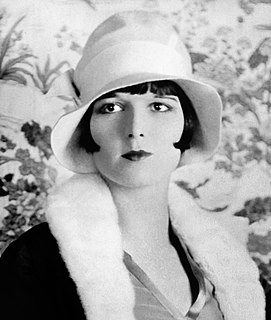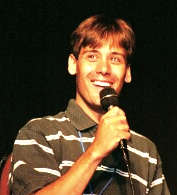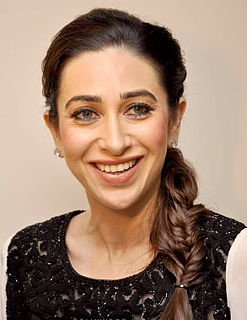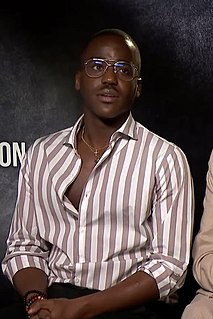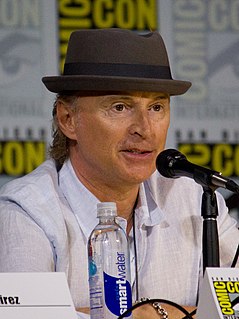A Quote by Louise Brooks
Every actor has a natural animosity toward every other actor, present or absent, living or dead.
Related Quotes
You can say something that can really help and actor and you can say something that can really get in the way of an actor's performance, kind of cut them off from their instincts and really get into their heads. And every actor's different. Every actor requires something different. Being an actor, for me, was the greatest training to be a writer and director.
My story about becoming an actor is a completely non-romantic one. I became an actor because my parents were actors, and it seemed like a very... I knew I was going to act all my life, but I didn't know that I was going to be a professional actor. I thought I was just going to work as an actor every now and then.
I think it's quite natural as an actor to compare yourself to how well other people are doing and how other people might've played that role you auditioned for. There's a lot of comparison you can do as an actor, which is natural, because it's a competitive industry. However, we're all individuals, so you can only ever be yourself.
With every action oriented or adventure film, there's going to be a moment when every actor becomes a stuntman and every stuntman becomes an actor. You try to do as much of it as you can, but inevitably the studio wants you to finish the movie. So you've got to slow down and you're really got to defer to your team to make sure you do.
